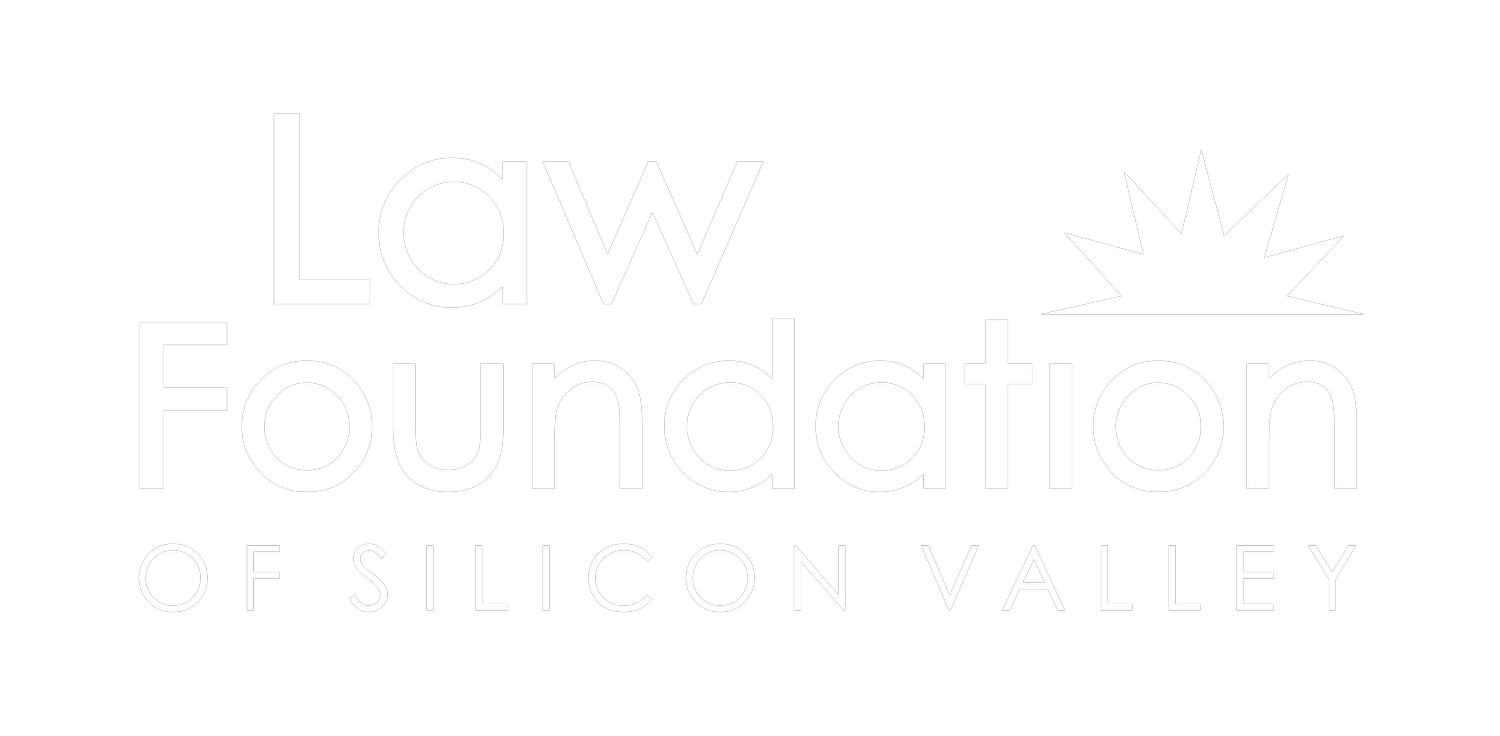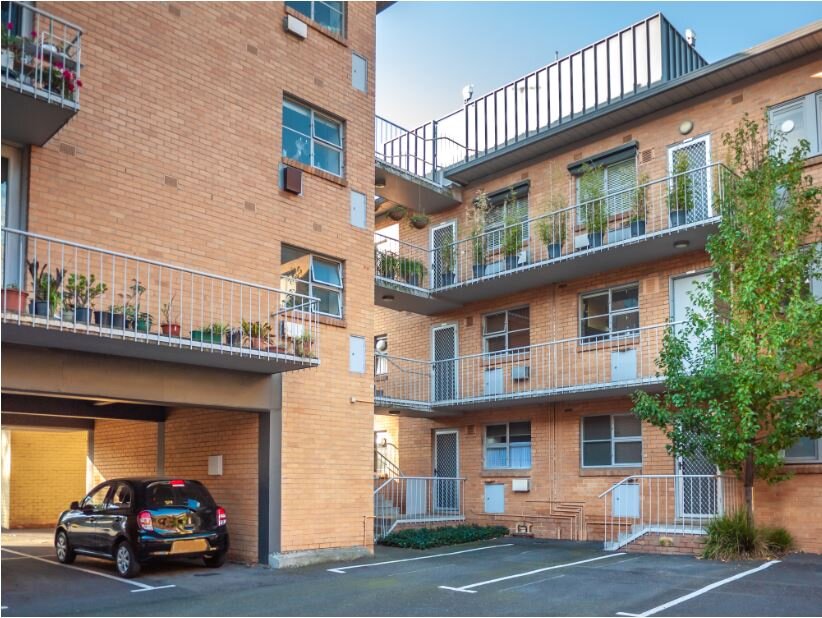NEWS RELEASE
FOR IMMEDIATE RELEASE
April 8, 2020
CONTACT: communications@lawfoundation.org
Law Foundation: City Council Has the Constitutional Power to Enact Rent Pause
Law Foundation Expresses Disappointment with
San Jose City Council’s Failure to Move Forward with Rent Pause
SAN JOSE, CA — The Law Foundation of Silicon Valley today issued the following statement from Housing Directing Attorney Nadia Aziz in response to the San Jose City Council’s failure to advance a measure that would pause rent payments for three months:
“Thank you to Councilmember Carrasco for her leadership and continued advocacy for better housing solutions for our community. The Law Foundation is disappointed that the San Jose City Council failed to move forward with a rent pause ordinance, and we disagree with the City Attorney’s analysis that such an ordinance would be unconstitutional.
As stated in our letter to San Jose City Council, when there is a public health emergency, the California Constitution provides cities with broad emergency powers to protect the life and property of its residents. Additionally, Governor Newsom’s March 16th Executive Order grants cities additional powers to take actions that prevent homelessness. It is clearly established law that regulating the price of goods, including rent, fall within these emergency powers.
The City Attorney’s analysis ignores the broad emergency powers that exist in unprecedented emergency situations, like the current public health crisis.
The most important thing that a city can do during this crisis is ensure its residents are safe and healthy and able to stay at home. Bold and broad action is needed now to protect San Jose families from wide-spread evictions and the subsequent homelessness that will result as more and more residents face job losses and furloughs.
We urge City Council to reconsider in light of the broad emergency powers granted under the California Constitution to enact a rent pause ordinance.”
About the Law Foundation of Silicon Valley
The Law Foundation of Silicon Valley advances the rights of underrepresented individuals and families in our diverse community through free legal services, strategic advocacy, and educational outreach. LawFoundation.org | Facebook | Twitter














